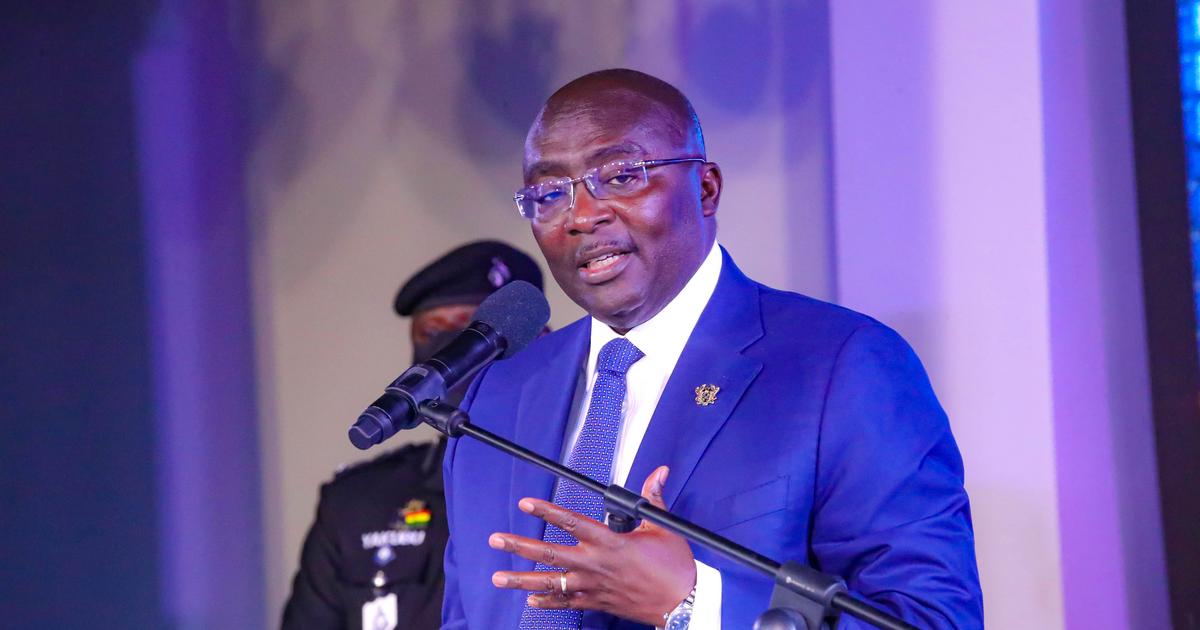Bawumia warns against tariffs as solution to trade deficits, calls for macroeconomic reforms
Speaking at the International Democracy Union (IDU) Forum in Brussels on Saturday, May 17, Dr. Bawumia responded to concerns about the weaponisation of trade and its impact on African economies, including Ghana.
“Policymakers are increasingly ignoring both economic fundamentals and the lessons of history,” he said.
Citing global trade statistics, he noted that Africa accounts for just 2.5 per cent of global exports and 2.9 per cent of imports, while regions like Asia, Europe, and the U.S. dominate trade flows with significant imbalances.
“You cannot fix a trade deficit with tariffs, it simply doesn’t work,” he emphasised.
Dr. Bawumia explained that trade deficits reflect a gap between a nation’s savings and investment, stating, “If a country spends more than it saves, it will run a trade deficit. That’s a macroeconomic problem, not a trade policy problem.”
He referenced historical examples, including the 1930s Smoot-Hawley Tariff Act in the U.S., which worsened the Great Depression, and the 2018–2019 U.S.-China tariff war, which disrupted global trade.
“The recent increase in average U.S. tariff rates from 2.4 per cent to 10 per cent is the largest since 1943, and its effects will be significant,” he warned.
While Africa remains relatively insulated from U.S. trade shocks—exporting 6.5 per cent and importing 4.4 per cent of goods to and from the U.S.—Dr. Bawumia highlighted vulnerabilities in countries like Lesotho, where 50 per cent of total exports to the U.S. are textiles under the African Growth and Opportunity Act (AGOA).
He predicted that Africa’s response to global trade disruptions would involve a stronger push for self-reliance and enhanced intra-African trade.










